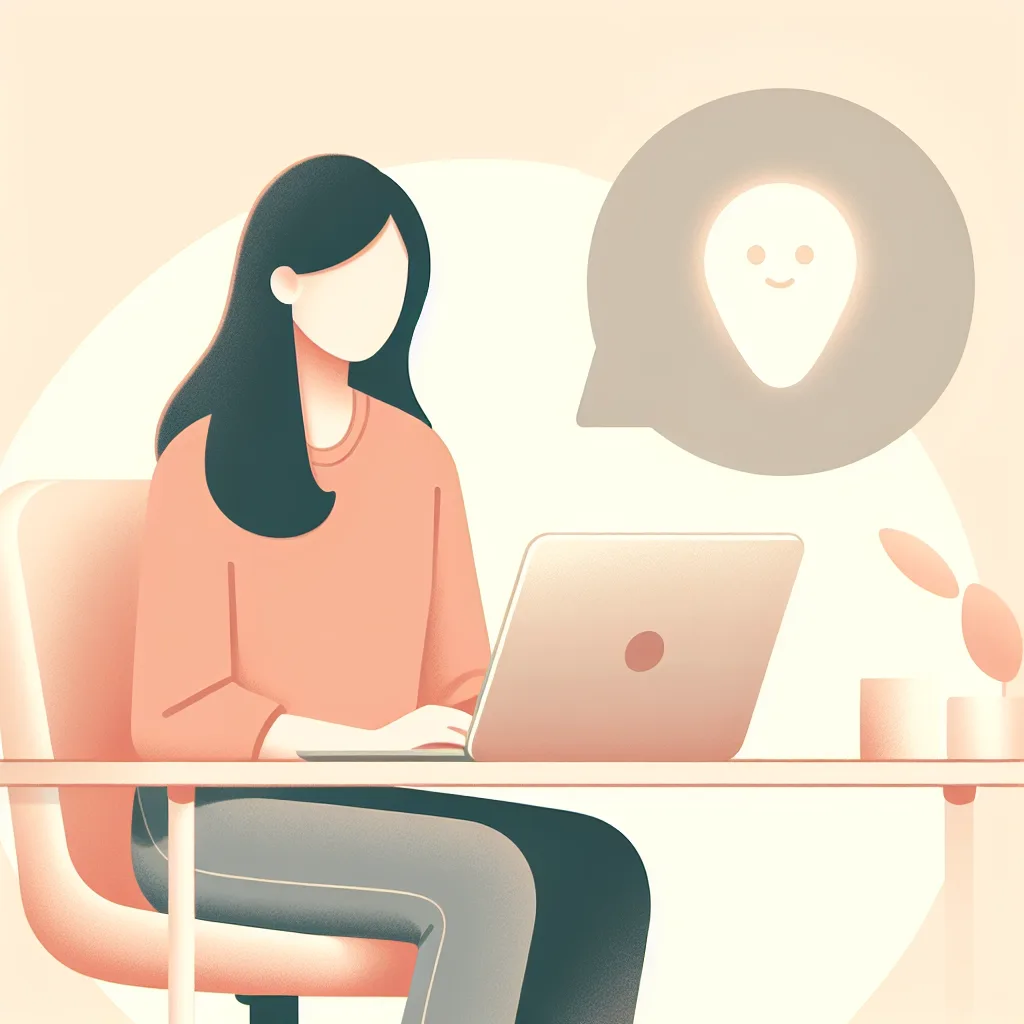It’s easy to get lost in the doom-and-gloom, but the real story of how AI improves work is about partnership, not replacement.
It feels like every time you turn around, there’s another headline about AI. Most of the time, the conversation is pretty negative, full of scary predictions about robots taking over everyone’s jobs. It’s a narrative that’s easy to get caught up in, but honestly, it’s not the most interesting part of the story. I’ve been thinking more about a different, more practical question: what about how AI improves work for regular people, right now?
Forget the futuristic doom-and-gloom for a minute. Let’s talk about the small, everyday ways this technology is already acting as a helpful partner. It’s less about a total revolution and more about a quiet evolution in how we handle our daily tasks. When you look at it that way, you start to see the real value, and it’s actually pretty cool.
Beyond the Hype: How AI Improves Work in Practical Ways
You don’t need to be a data scientist to see the benefits of AI. For most of us, its impact is felt in the little things that free up our time and mental energy. It’s about making the annoying parts of the job a little less annoying.
Think about your email inbox. For years, it’s been a source of stress. But now, AI is baked right into many email clients. It helps you draft a quick reply when you’re short on time, summarizes a ridiculously long email thread so you can get the gist in seconds, and nudges you to follow up on something you might have forgotten. It’s like having a quiet, efficient assistant who’s always there to help you stay on top of things. Tools like Microsoft’s Copilot for 365 are being integrated directly into the apps we use every day, making these assists seamless.
It’s also a huge help for anyone who has to be creative on demand. We’ve all been there—staring at a blank page, trying to come up with a headline, a marketing slogan, or just a new way to say something. AI tools can be incredible brainstorming partners. You can feed them a basic idea and get back a dozen different angles to consider. It doesn’t do the work for you, but it can give you that initial spark to get past the mental block.
Diving Deeper: A Look at How AI Improves Work for Specialists
While AI is great for general productivity, it’s also having a profound impact on more specialized fields. Here, it’s not just about convenience; it’s about augmenting expertise and speeding up complex processes.
For software developers, AI coding assistants have become indispensable. A tool like GitHub Copilot can suggest lines of code, write entire functions based on a simple comment, and help debug tricky problems. This doesn’t replace the developer. Instead, it handles the repetitive, boilerplate stuff, allowing the developer to focus on the more complex, architectural challenges—the parts of the job that require real human ingenuity. It makes coding faster, more efficient, and can even help people learn new programming languages more quickly.
Similarly, in fields like data analysis, AI is a powerhouse. Manually sifting through massive datasets to find trends is incredibly time-consuming. AI algorithms can process that same data in a fraction of the time, identifying patterns and generating visualizations that a human might have missed. This frees up the analyst to interpret the findings, ask deeper questions, and provide strategic insights. As explained in a recent Harvard Business Review article, the goal is to augment, not automate, human intelligence.
It’s Not About Replacement, It’s About Partnership
When you look at these examples, a clear theme emerges. The most valuable applications of AI in the workplace aren’t about replacing people. They’re about forming a partnership. AI is a tool—a very powerful one—that can handle the tedious, the repetitive, and the time-consuming tasks that often get in the way of deep, meaningful work.
By offloading some of this cognitive burden, we’re free to focus on what we do best: thinking critically, solving complex problems, and being creative. The conversation is slowly shifting, and as of August 2025, more and more people are seeing AI not as a threat, but as a co-pilot that helps them do their jobs better. And that’s a story worth talking about.
